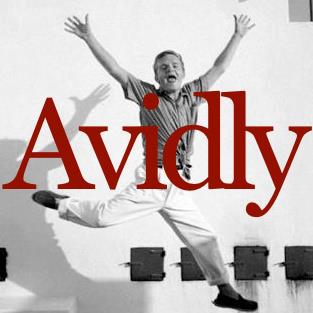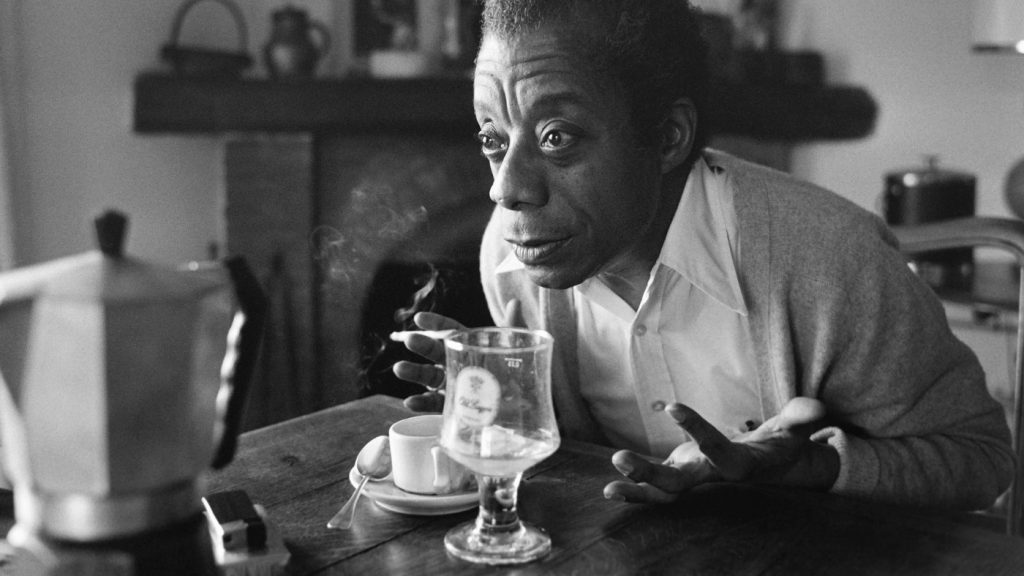There are no apolitical classrooms. What, who, and how we teach matters. In my literature classes, I carefully select authors to ensure a variety of perspectives and introduce students to texts that challenge pervasive cultural fears of the other. We honor the individual in our practice of close reading, and try to imagine a way of being in the world that doesn’t engulf difference.
But, there’s more, even, than the “what, who, and how.” Because beyond the individual texts and authors we read, I want my students to question how language itself shapes our ideas about ownership and belonging. In its ethnonationalist life in the United States, English is often erroneously invoked as some sort of national language. Too many hate crimes begin with admonishing the colored person to check their foreign tongue at the border, to speak only English in America or to go back. As our collective grasp on language itself seems under attack and we dig ourselves deeper into linguistic trenches, I find myself asking: whose English and whose literature?
Living in the American South and coming from all over the world, my highly motivated and politically engaged students are no strangers to either linguistic diversity or to these questions. So when we turn inwards and pay attention to the way we talk with our families and friends—the different languages we speak and the different Englishes we call our own—it feels a little like calling the bluff of “English.” Thrilling, irreverent perhaps, and necessary.
 A text I teach often is Amy Tan’s “Mother Tongue” (1990). In it, Tan brings to life both the delight and dread of shared language. This simple speech opens with the announcement that she is not a scholar of English or literature. Instead, she is a writer who is fascinated by language in daily life and who uses them all, “all the Englishes [she] grew up with.” Her self-confessedly inexpert perspective puts students at ease. Tan remembers her embarrassment at her mother’s Cantonese-inflected English and the fact that people pretended to not understand its “brokenness” or gave her bad service because of it. Especially poignant is the part where Tan’s mother fails to retrieve any information from the hospital about a benign tumor. This is despite the fact that Tan’s mother “had spoken very good English, her best English, no mistakes.” It is only when the doctor calls her daughter, the author, who speaks in perfect English that the situation is resolved. Tan’s mother’s English may indeed be English but it sounds foreign.
A text I teach often is Amy Tan’s “Mother Tongue” (1990). In it, Tan brings to life both the delight and dread of shared language. This simple speech opens with the announcement that she is not a scholar of English or literature. Instead, she is a writer who is fascinated by language in daily life and who uses them all, “all the Englishes [she] grew up with.” Her self-confessedly inexpert perspective puts students at ease. Tan remembers her embarrassment at her mother’s Cantonese-inflected English and the fact that people pretended to not understand its “brokenness” or gave her bad service because of it. Especially poignant is the part where Tan’s mother fails to retrieve any information from the hospital about a benign tumor. This is despite the fact that Tan’s mother “had spoken very good English, her best English, no mistakes.” It is only when the doctor calls her daughter, the author, who speaks in perfect English that the situation is resolved. Tan’s mother’s English may indeed be English but it sounds foreign.
Tan’s mother tongue, her mother’s tongue, is a lived experience of a language—inventive and resilient, strained at its edges, defiantly mixed up with another language. But this mother tongue is not natal or national at all! It calls into question the rigid shape of a world forged in grammatical and phonetic insistence. The longing and indulgence of Tan’s essay as she describes her mother’s tongue and sets it as a personal benchmark of good writing is affirming—a breath of fresh air.
The essay generates ample discussion. We have all been embarrassed, ashamed, and confused around linguistic difference. In my classroom, a White student from rural Virginia is the first to claim that she “gets it”. Unlike Tan’s family, her family hasn’t traveled abroad, they are not “that sophisticated,” they don’t even speak another language besides English but it is still not “English.” More students echo similar statements. An African American student from Memphis says that the “English” their family speaks is not what they have encountered in “English” classes. A South Asian American student mentions that her parents never speak their “mother tongue” at airports, lest they be misread as dangerous or a threat. In response to my question about any challenges students expect to their learning, a student from China informs me that while his command of written English is strong, his “accent is not so good.” And so for the rest of the course, we stop every now and then, discussing the racialized lives and shared associations of sounded expression. In the process, we marvel at the different sounds of English we know and the different sounds we recognize as English. We may have felt lost in our different weird Englishes before, but we realize we have also been found in a family, among friends, in a community.
My students and I are not inventing the wheel here, of course. Questions about vernacular expression have been enduring ones in literary study. But what would it mean to teach English literature anchored in the idea that English is not one language? What English is Zora Neale Hurston writing in? What English is James Baldwin advocating for? (As another student astutely observed, “it is not Ebonics, whatever that means!”) I think of Paulo Freire and his gentle reminder that “to be in the world necessarily implies being with the world and with others.” How do we further secure the ties of English literary study with the world and with us, its peoples? Do we dare bring all our Englishes into the classroom?
Recently, driven primarily by institutional pressures to “globalize,” something called “world literature” has surfaced on literary curricula with confounding aplomb. In its wake, scholars and students alike have been left to wonder about “world” and “literature”. How do we teach something so vague and well-meaning when the world remains unequal and literature elusive? It seems to me that this question about the relation between the world and literature, made newly urgent, may indeed be a gift. In a framework that is perhaps a tad too glib, “world literature” requires us to place English literature in the world and read (translations from) other languages. But seeking the worlds within English can also lead us to the unexpected and inexhaustible mother tongues of Englishes. Here, we may hear the language a lot of us share but none of us speaks. Here, we may note the complex relations of precarity and survival in a language of blustering parochialism. That seems like a good place to begin.
–Akshya Saxena is Assistant Professor of English at Vanderbilt University


